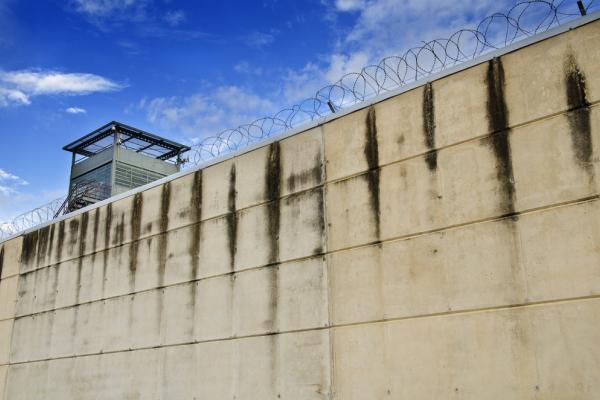This reading of Isaiah 40 may make it more difficult for many of us to relate to the ancient historical setting of the text. There are many among us, however, who are refugees, forced to migrate to find economic opportunity or even because of poor decisions or systemic injustice that forces a disproportionate amount of our minority population into the prison system. Bereft of personal and economic freedom, our nation’s prison population might find both hope and justice in these words from the ancient prophetic text.
There is no doubt that many in our nation’s prison have committed crimes, just as the ancient people of Judah did according to Isaiah 1. There is also no doubt that we need a system of incarceration that separates dangerous criminals from potential victims. But the words concerning disproportionate judgment also call us to question the fairness of our current system in the United States, which boasts the largest prison population in the world at 2.2 million.
Moreover, just as God did not give up on the people of Judah, God has not given up on those in the prison system. What would happen if we as Christians partnered with God to help transform lives and offer hope to the women and men who fill our prisons?
Read the Full Article

